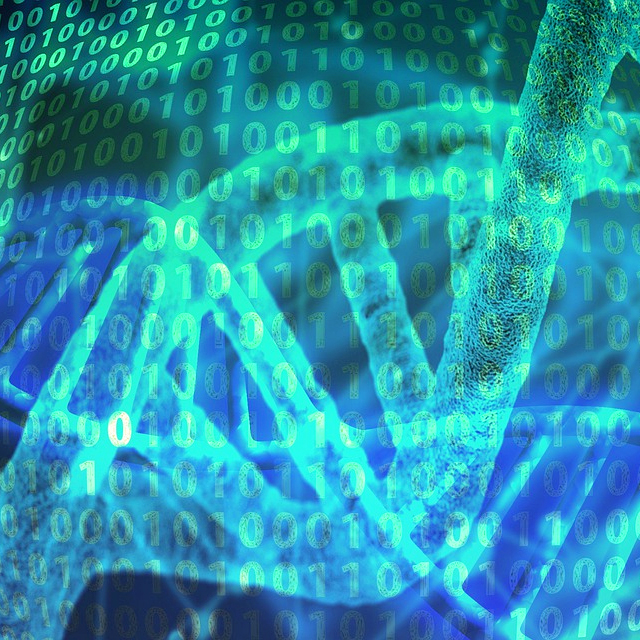Introduction
In the world of nutrition and wellness, one term that has gained immense popularity over the years is “probiotics.” These tiny, live microorganisms have taken the health and wellness industry by storm, promising a host of benefits for your gut and overall well-being. But what are probiotics, and why are they so important? In this article, we’ll take a deep dive into the world of probiotics and explore the incredible impact they can have on your health.
The Probiotic Revolution
Probiotics, often referred to as “friendly bacteria” or “good bacteria,” are live microorganisms that provide a range of health benefits when consumed in adequate amounts. They primarily inhabit our gastrointestinal tract, where they play a crucial role in maintaining a balanced and healthy gut microbiome.
The gut microbiome is a complex ecosystem of trillions of microorganisms, including bacteria, viruses, and fungi. This ecosystem has a profound impact on various aspects of our health, including digestion, immunity, and even mood regulation. Probiotics are like the guardians of this microbial universe, helping to keep the balance between good and bad bacteria.
The Health Benefits of Probiotics
- Improved Digestion: One of the primary benefits of probiotics is their role in promoting healthy digestion. They help break down food, absorb nutrients, and reduce symptoms of digestive disorders such as irritable bowel syndrome (IBS), diarrhea, and constipation.
- Enhanced Immunity: A significant portion of our immune system resides in the gut. Probiotics can help strengthen the immune system by preventing the growth of harmful pathogens and promoting the production of antibodies.
- Mood and Mental Health: Emerging research suggests a strong connection between the gut and the brain, known as the gut-brain axis. Probiotics may have a positive impact on mood and mental health, potentially alleviating symptoms of anxiety and depression.
- Weight Management: Some studies have shown that certain strains of probiotics can help with weight management by influencing the balance of gut bacteria associated with obesity.
- Skin Health: The health of your gut microbiome can also affect the appearance of your skin. Probiotics may help manage skin conditions like acne and eczema.
Types of Probiotics
Probiotics come in various strains, each with its own unique benefits. The most common strains include:
- Lactobacillus: These bacteria are commonly found in yogurt and other fermented foods. They can help with digestion and may reduce the symptoms of lactose intolerance.
- Bifidobacterium: These bacteria are abundant in the colon and are essential for maintaining a healthy digestive system. They also contribute to a balanced gut microbiome.
- Saccharomyces boulardii: This yeast-based probiotic is often used to treat diarrhea and other digestive issues.
- Streptococcus thermophilus: Often used in yogurt production, this probiotic may help with lactose digestion and immune support.
Incorporating Probiotics into Your Diet
There are various ways to incorporate probiotics into your daily routine:
- Fermented Foods: Foods like yogurt, kefir, sauerkraut, kimchi, and kombucha are rich in probiotics and can be delicious additions to your diet.
- Probiotic Supplements: Probiotic supplements are available in various forms, including capsules, tablets, and powders. Consult a healthcare professional before starting any supplementation.
- Prebiotic Foods: Prebiotics are non-digestible fibers that nourish the beneficial bacteria in your gut. Foods like garlic, onions, asparagus, and bananas are excellent sources of prebiotics.
Conclusion Probiotics are more than just a trendy buzzword in the world of nutrition. They are essential for maintaining a balanced gut microbiome and promoting overall health. By incorporating probiotic-rich foods and supplements into your diet, you can harness the power of these friendly bacteria to improve your digestion, boost your immunity, and enhance your well-being. Remember to consult with a healthcare professional before making significant changes to your diet or starting any new supplementation regimen. Your gut will thank you for it!



